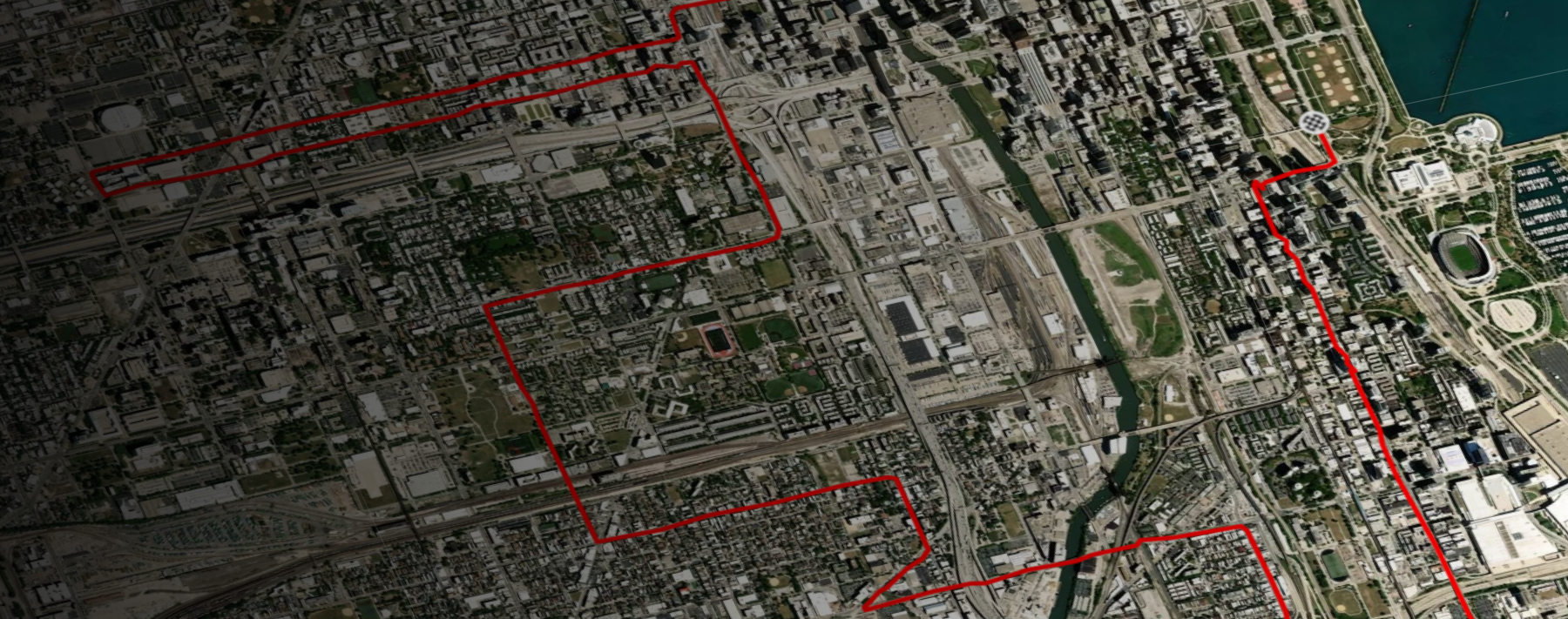Windham v. Harris County, (5th Cir. 2017)
William Windham, a medical doctor, ignored his own doctor’s medical advice to not drive and then drove his car into the rear of another car. The passenger of the car Windham struck called 9-1-1 and reported that he had been rear-ended by an impaired driver. After the crash, Windham fell asleep behind the wheel. The responding deputy found Windham seated behind the wheel, confused, his eyes bloodshot, and unaware he had driven into the rear of another car. Windham told the deputy he had been awake for 20 hours and he had taken a controlled painkiller.
The deputy asked Windham to perform field sobriety tests. Windham gave the deputy note from a doctor stating that Windham had cervical stenosis and shouldn’t be driving. The note also stated that Windham’s neck should not be extended, but it didn’t provide any explanation of a “neck extension.” The deputy told Windham that no one would “extend his neck.” Windham agreed to take a gaze nystagmus test.
The tests were inconclusive, so the deputy decided a drug recognition expert (DRE) should be called. A DRE deputy arrived and asked Windham to repeat the gaze nystagmus test. Although Windham said that he wouldn’t be able to do the test, he agreed to take it again, and did not mention his neck condition to the DRE. The test administered by the DRE was also inconclusive. Approximately 90 minutes after the first deputy arrived, Windham was allowed to leave the crash scene.
Windham sued, alleging excessive force (arguing that the gaze nystagmus test was an unnecessary use of force), unlawful detention, false arrest and failure to accommodate a disability.
Officers can be sued under the Americans with Disabilities Act (ADA) for alleged failures to reasonably accommodate disabilities in non-exigent contacts. Windham claimed the deputies were on notice of his alleged disability and the need to accommodate him. When a disabled person is dealing with the police, the law requires the disabled person to request a necessary accommodation. If the disabled person makes no request, the police can’t be held liable for failing to accommodate the disability.
Windham never told the deputies that he physically could not perform the gaze nystagmus test or that it might injure him. Although Windham was somewhat reluctant to perform field sobriety tests and even expressed some doubt that he could perform them, the court noted that “Vague statements like these cannot transform Windham’s somewhat-obscure condition into one for which the limitations and necessary accommodation were ‘open, obvious, and apparent’” (see Taylor v. Principal Financial Group Inc. (93 F.3d 155, 164 (5th Cir. 1996)). Even if the note put the deputies on notice that Windham had a neck-related disability, it didn’t amount to notice that Windham’s disability limited him in performing the gaze nystagmus test. Nor did the note or Windham himself give the deputies any notice of just what accommodation Windham needed.
Windham asked the court to apply the narrow exception applicable only to people whose disabilities, limitations and necessary accommodations are “open, obvious, and apparent.” Though his disability wasn’t as readily apparent as deafness, blindness or confinement in a wheelchair, Windham argued that his doctor’s note made his disability “obvious” to the deputies. The court disagreed.
The court also made quick work of Windham’s claims of unlawful detention and false arrest. Windham alleged the deputy had no reason to detain him after he found Windham sawing logs behind the wheel, having driven his car into the trunk of the car in front of him. Enough said? Reading the court decision, one can almost hear the judges chuckling. Notwithstanding, the court listed multiple bases for detaining Windham, including: “(1) Windham had rear-ended the car in front of him; (2) the other driver’s passenger had informed both the 9-1-1 operator and that he believed Windham to be intoxicated; (3) the passenger had further reported that Windham fell asleep behind the wheel while waiting for the police; (4) Windham was taking prescription-strength painkillers; (5) Windham had not slept for twenty hours; (6) Windham’s eyes appeared bloodshot; and (7) Windham appeared confused and did not know that he had struck a car.”
Windham was detained for nearly 90 minutes after the crash. He claimed the length of the detention and the temporary seizure of his driver license amounted to a de facto arrest. The court disagreed, noting that there is “no constitutional stopwatch on traffic stops.” The Supreme Court has stated that the critical factor in examining the length of detention is whether the stop “last no longer than is necessary to effectuate purpose” (Florida v. Royer 460 U.S. 491 (1983)). The court acknowledged that calling a DRE to the scene, which extended the investigation, was necessary to determine whether Windham should be arrested for impaired driving.
Among the seemingly endless expansion of topics for required police training is the obligation for officers to learn their legal obligations under the ADA. Recent high-profile cases alert plaintiffs’ attorneys to add an ADA claim when plausible. Like many other federal civil rights statutes, a victory under the ADA carries an award of fees for plaintiffs’ attorneys. And, by the way, listen when your doctor advises you really shouldn’t be driving.
See the following resources for general information about the ADA and police:
1. On-Demand Webinar: Learning from Armstrong: Preparing Officers for Interaction with Persons with Mental Illness



